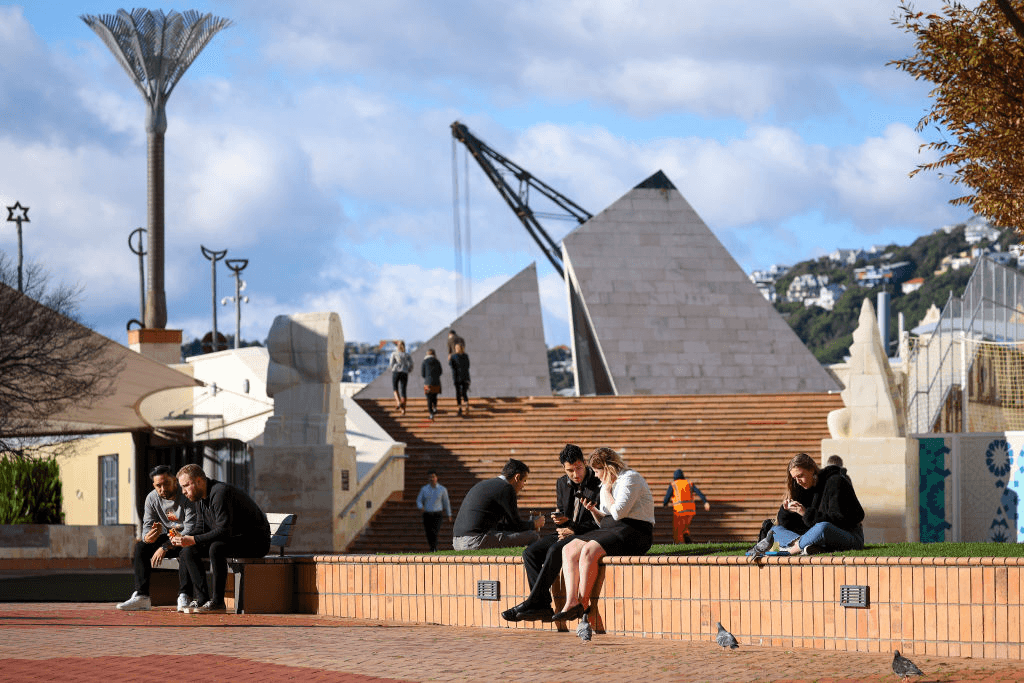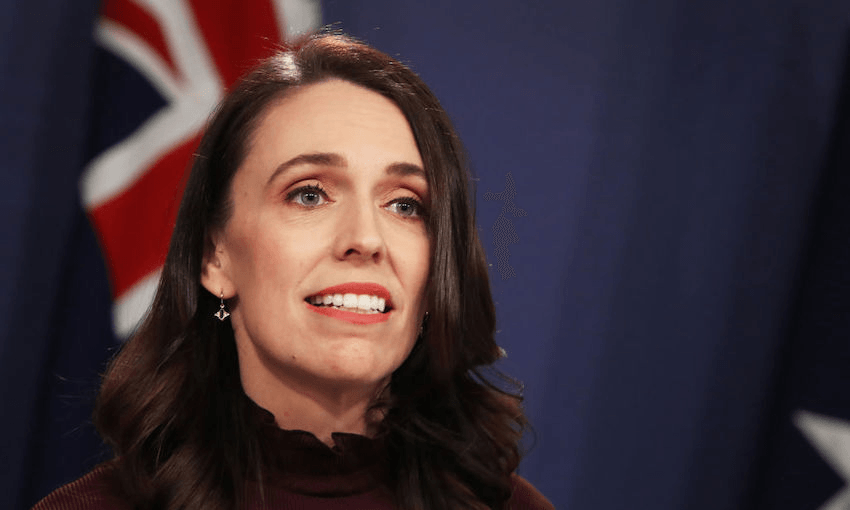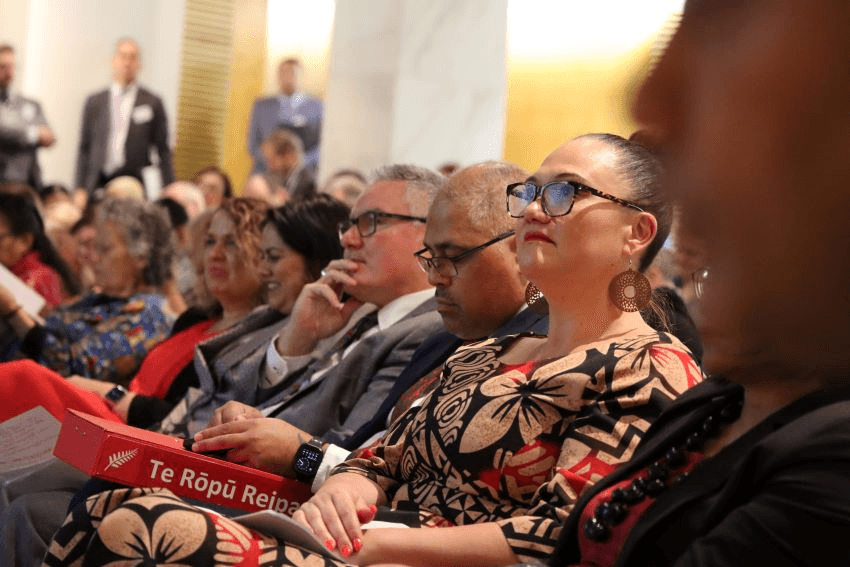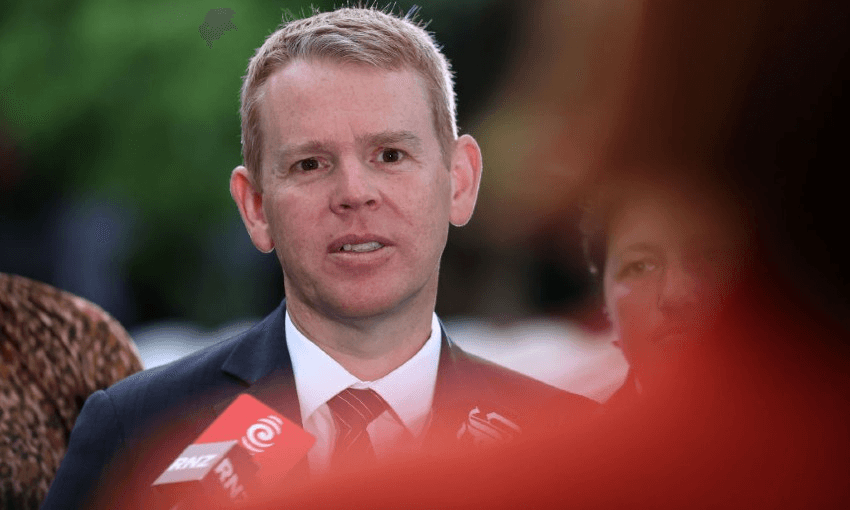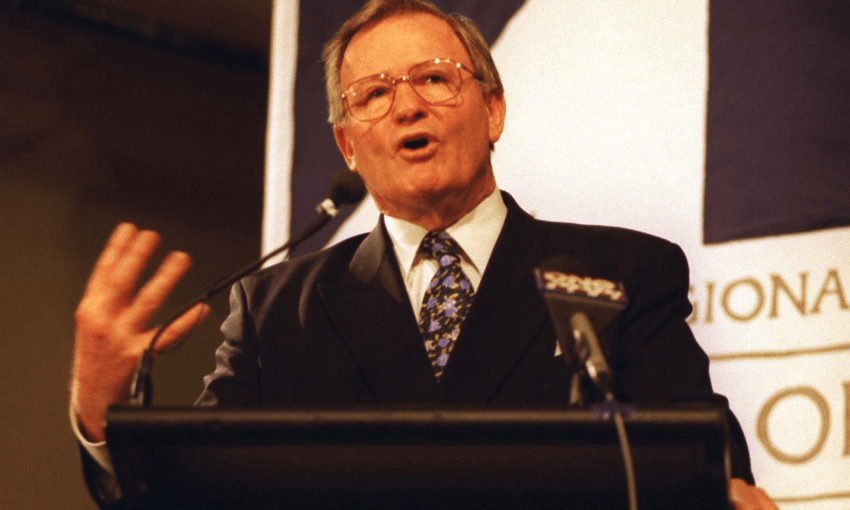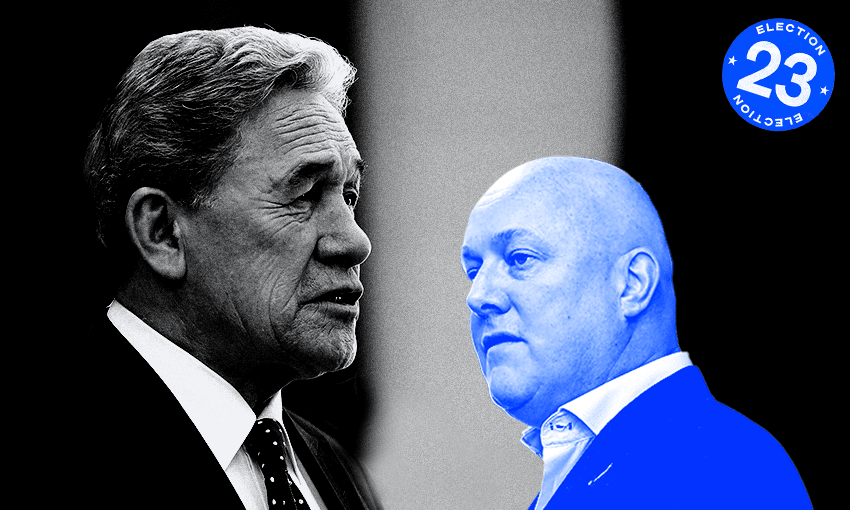Wellington city councillors are considering spending another $240 million on repairs to Te Ngākau Civic Square, just two weeks after committing $330m to fix the Town Hall, which is also part of the square.
The $240m spend is part of mayor Tory Whanau’s proposed budget and will be debated by councillors at the Long Term Plan meeting on Thursday.
Details of the budgeted spend provided to The Spinoff show it includes $67m for repairs to the basement underneath Civic Square connecting to the Town Hall, $52m to repair the City to Sea bridge, $103.3m for repairing the former Capital E building, which sits underneath the bridge, and $20m for investigative works.
A briefing in October said a decision on the basement repairs was “most critical because of their connection to the effective completion of the Town Hall”. A council document this week described the basement and former Capital E building as having “synergy with the Town Hall opening”.
Te Ngākau Civic Square is well-known as the starting point for most protest marches to parliament. It sits on reclaimed land and almost every building in the vicinity has faced serious earthquake issues, including the Town Hall, Central Library, Capital E and Municipal Office Buildings. The City to Sea bridge connects the square to Whairepo Lagoon.
